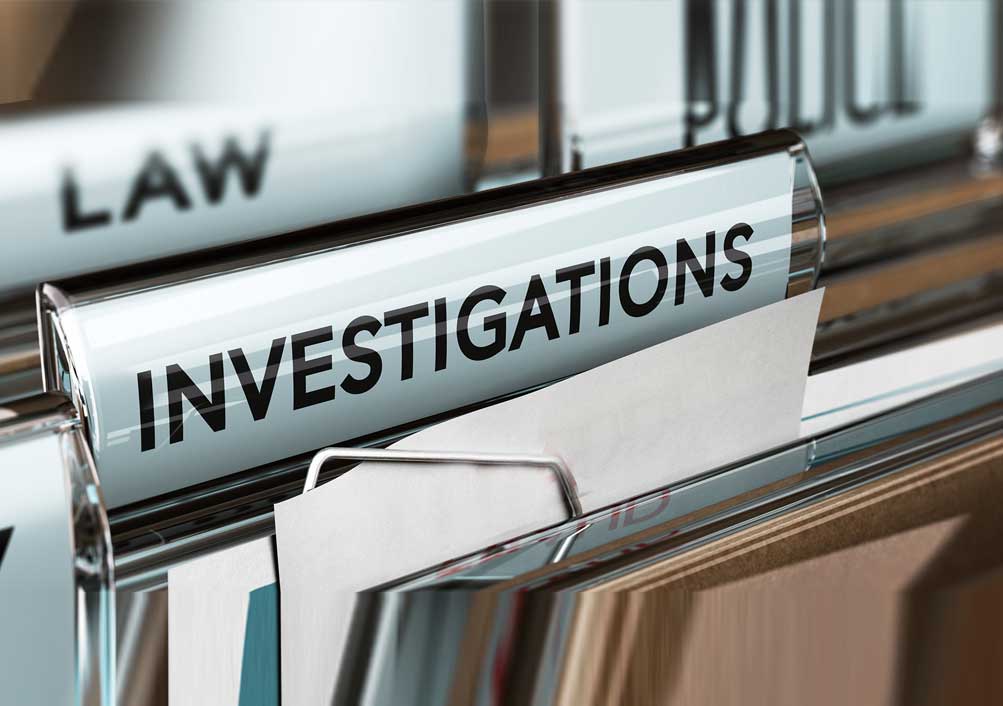In CRR-3184-2019 (O&M)-PUNJ HC- Trial Court should assess qualitative worth of evidence comprised in victim’s examination-in-chief and exculpatory echoing made in Police inquiry while opening trial against anyone who was originally exonerated: P&H HC Justice Sureshwar Thakur [09-05-2022]

Read Order: Manpreet Singh @ Lovepreet Singh and Others v. State Of Punjab and Another
Monika Rahar
Chandigarh, May 17, 2022: While dealing with a case wherein two accused persons were initially exonerated by the Police after investigation but were later brought into the case by the Trial Court, based on the deposition of the injured-victim, the Punjab and Haryana High Court has held that the statement in the examination-in-chief of the injured-victim was sufficient to draw a valid inculpation against the persons who did not either join the trial and against whom no charge was initially drawn.
However, Justice Sureshwar Thakur further qualified this generic proposition with a rider which was that it become incumbent upon the trial Judge to not only assess the qualitative worth of the evidence comprised in the examination-in-chief of the victim but also to assess the qualitative worth of the exculpatory echoing as made in the inquiry reports of the Police.
In this case, one Balwant Singh (the victim) was injured by the accused party, the members of which were armed with 12 bore gun, a revolver and a daang. As per the MLR, the victim sustained injuries on his right arm and forearm as well on his chest. As a result of this occurrence, an FIR under Sections 307, 447, 427, 148, 149 of IPC, and Sections 27/54/59 of Arms Act, was registered.
The investigating officer, after making an inquiry into the incriminatory roles of the petitioners herein and more especially after his examining about 50 persons of the village, and, besides his examining the call details, came to a conclusion that at the crime site and on the relevant day, the petitioners herein were not present there.
As a result of such a conclusion, the present petitioners were not included by the Police in their report under Section 173 Cr.P.C. Therefore, the trial Judge drew charges only against the accused appearing before him and not against the present petitioners.
However, after the injured victim (who testified as a prosecution witness) made an inculpatory echoing with respect to the present petitioners in his examination-in-chief, the Trial Judge made an affirmative order upon the public prosecutor’s application filed under Section 319 Cr.P.C. This order of the Trial Court is under challenge.
The Court at the very outset observed that the statement in the examination-in-chief of the injured-victim was sufficient within the ambit of the declaration of law as made by the Apex Court in Hardeep Singh V. State of Punjab and others, to draw a valid inculpation against the persons concerned, who did not either join the trial and against whom no charge became initially drawn.
However, in view of the law laid down in paragraphs 98 and 99 of the above-cited decision, the Court opined that it became incumbent upon the learned trial Judge to not only assess the qualitative worth, of the evidence comprised in the examination-in-chief of the victim but also to assess the qualitative worth of the exculpatory echoing as made in the inquiry reports of the Police (concluding that the present petitioners were not present on the spot).
Thus, the Court held that the trial Judge did not assess the qualitative worth of the call details and of the CDR which constituted the relevant exculpatory material, for the investigating officer to exonerate the present petitioners. And, the Court was of the opinion that only if the aforesaid was done would the Court be construed to make an objective satisfaction not only of the oral evidence but also of the exculpatory evidence as thereons the plea of alibi became erected.
In the words of Justice Thakur, “However, the learned trial Judge concerned, has only borne in mind the oral examination of PW-1, and, has not along therewith, construed the qualitative evidentiary worth of either the CDR or the call details emanating from the cell numbers of the accused concerned, nor has asked for their respective examination, from the expert concerned, especially when on anvil thereof, the present petitioners reared a plea of alibi.”
Further, it was observed that if the expert who examined the above exculpatory material made a report against the petitioners, the petitioners were amenable to be tried along with the appearing accused otherwise may be not.
Against this backdrop, the Counsel for the petitioner brought to the attention of the Court a decision of the Apex Court (Sartaj Singh V. State of Haryana and another) to contend that the Police inquiry cannot prevail over the inculpatory statement carried in the examination-in-chief of the prosecution witness. However, the Court differentiated this case from the facts of the present case.
Accordingly, for ensuring that the ends of justice are secured, the Court deemed it fit to interfere with the impugned order but with a rider that the lis was to be remanded to the trial Judge to enable him, after ensuring that the above exculpatory electronic evidence, becomes examined by an expert outside Punjab, to receive an opinion in respect of veracity thereof, and thereafter to accordingly proceed to draw a fresh order in accordance with law upon the public prosecutor’s application under Section 319 Cr.P.C.
Further, the Court added that in case the expert dispels the authenticity of the aforementioned electronic evidence, the trial Judge may recommend the drawings of appropriate action in accordance with law against the concerned.
Sign up for our weekly newsletter to stay up to date on our product, events featured blog, special offer and all of the exciting things that take place here at Legitquest.




Add a Comment